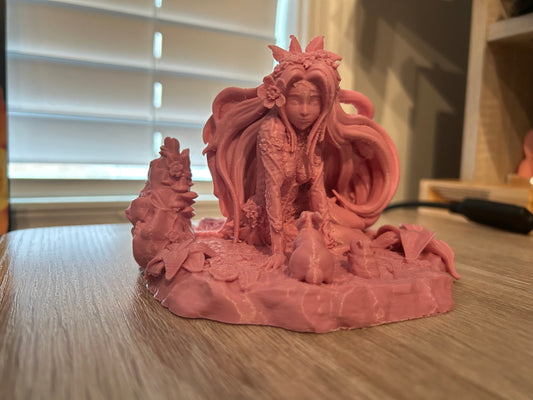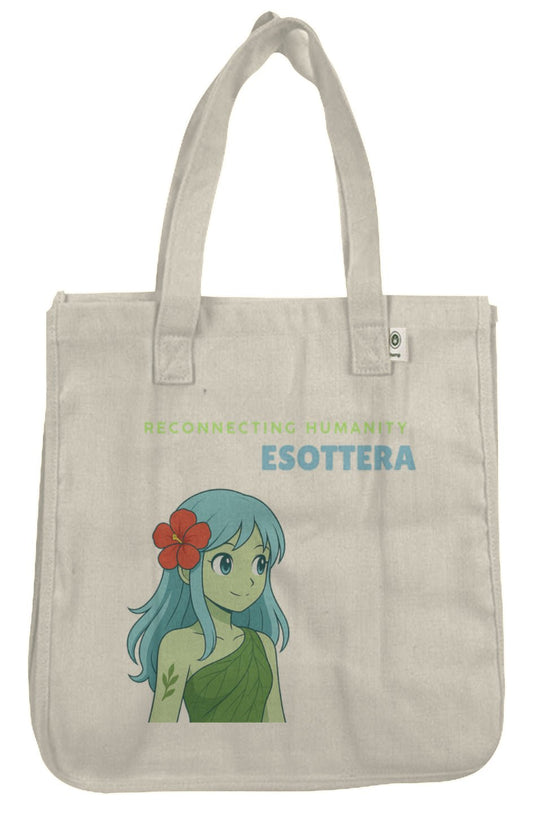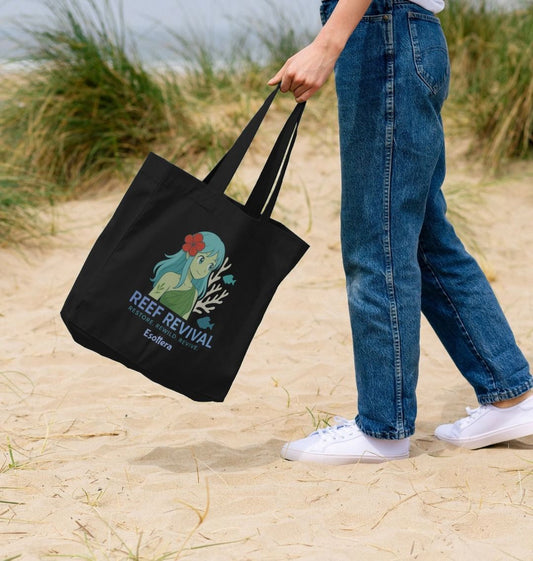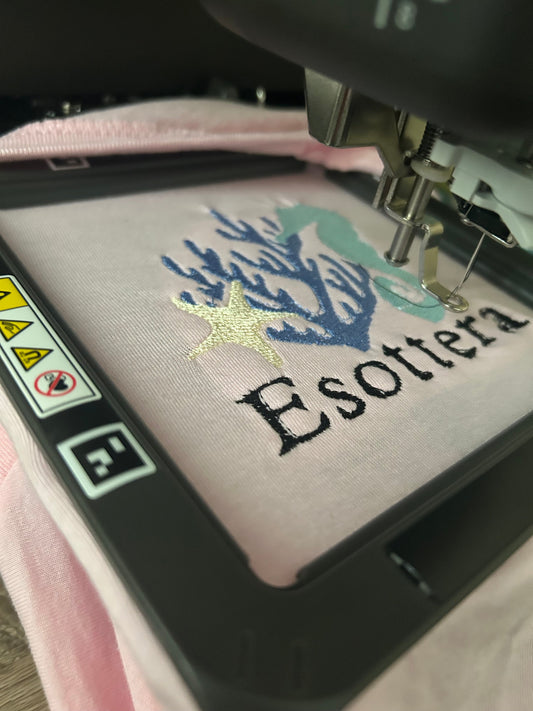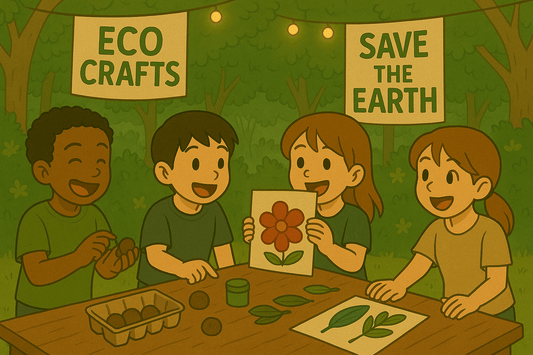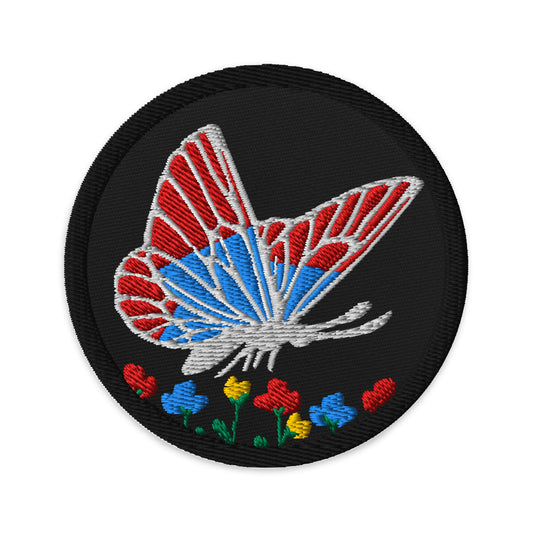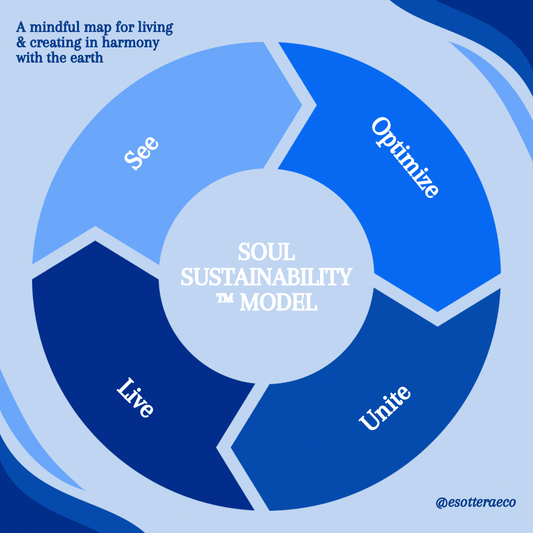
🌍 World Habitat Day – October 3rd: A Call to Action for Sustainable Living
“The future depends on what we do in the present.”
- Mahatma Gandhi
🌿 What is World Habitat Day?
World Habitat Day, observed every year on October 3rd, is a day dedicated to raising awareness about the state of human habitats and the urgent need to ensure that every person has access to sustainable, adequate housing. It was established by the United Nations in 1985 to highlight the importance of sustainable urban development, the preservation of natural habitats, and the responsible management of resources to support the well-being of both people and the planet.
This day is a reminder that the health of our planet and the quality of human habitats are inextricably linked. From urban sprawl to deforestation and pollution, the way we design, build, and manage our homes and cities directly impacts the environment. At Esottera, a sustainable brand committed to creating a more eco-conscious future, we believe that World Habitat Day is an opportunity to reflect on how we can contribute to more sustainable, responsible living-both in our homes and communities.
In this blog post, we’ll explore the significance of World Habitat Day, the key challenges our planet faces when it comes to habitats, and how individuals and businesses like Esottera can take action to create more sustainable, livable spaces.
🌍 The Importance of Habitat Preservation
The habitats we create for ourselves and the environments we interact with have profound effects on our quality of life and the planet’s health. Whether it’s the homes we live in, the cities we build, or the natural spaces we preserve, habitats are integral to both our survival and the survival of countless other species.
🌱 1. Environmental Degradation and Habitat Loss
Habitat loss is a major environmental issue today. As urban populations continue to grow, vast areas of natural habitats-forests, wetlands, grasslands, and coastal ecosystems-are being destroyed or degraded. This destruction is often driven by:
-
Urbanization: The expansion of cities and infrastructure leads to the clearing of forests, wetlands, and agricultural lands to make way for new housing, roads, and businesses.
-
Deforestation: The logging industry, agriculture, and mining activities contribute to the massive loss of forests, which are essential for carbon sequestration, biodiversity, and the regulation of local climates.
-
Pollution: Waste from cities, industrial activities, and agriculture pollutes air, water, and soil, causing irreparable damage to natural habitats and threatening the species that rely on them.
These forms of habitat loss and environmental degradation can lead to a range of problems, including biodiversity loss, climate change, and resource depletion-all of which threaten our own survival as well as that of many other species on Earth.
🌍 2. The Impact of Climate Change on Habitats
Climate change is another critical factor affecting habitats around the world. Rising global temperatures, extreme weather events, and sea level rise are causing major shifts in ecosystems, threatening biodiversity and the stability of natural habitats.
-
Forest ecosystems are becoming more vulnerable to droughts, wildfires, and disease, leading to the loss of important carbon sinks.
-
Coastal habitats are being flooded due to rising sea levels, displacing species and damaging ecosystems like coral reefs, mangroves, and salt marshes.
-
Wildlife migration is being affected as species struggle to adapt to shifting climate patterns, leading to imbalances in ecosystems and the potential extinction of vulnerable species.
The effects of climate change highlight the urgent need to integrate climate resilience into the design of human habitats. By building cities and homes with sustainability in mind, we can help mitigate the impacts of climate change and create environments that are better equipped to withstand future challenges.
🌱 Habitat and Human Well-being
While environmental health is essential for the survival of wildlife and ecosystems, it is also crucial for human well-being. Access to clean air, water, and healthy living spaces is fundamental to human health, safety, and happiness. Yet, millions of people around the world are living in unsustainable or unsafe habitats due to poverty, lack of resources, and urbanization challenges.
🌍 1. Urbanization and the Growth of Megacities
With more than half of the global population now living in urban areas, the challenge of creating sustainable, livable habitats in cities has never been more pressing. Megacities-urban areas with populations exceeding 10 million-are growing at an unprecedented rate, leading to:
-
Overcrowded housing: Many people live in informal settlements, slums, or overcrowded apartment complexes, where access to basic services like clean water, sanitation, and electricity is limited.
-
Infrastructure strain: Urban areas often struggle to provide adequate infrastructure, including public transportation, waste management, and green spaces, leading to pollution and poor living conditions for residents.
-
Resource depletion: Cities consume large amounts of resources, including energy, water, and food, which puts immense pressure on surrounding natural habitats and ecosystems.
To address these challenges, cities must adopt sustainable urban planning principles, prioritize the use of eco-friendly building materials, and develop green infrastructure that supports both people and the environment.
🌱 2. The Link Between Habitat Quality and Health
The quality of our living environments directly impacts our physical and mental health. World Habitat Day serves as a reminder of the need for safe, healthy, and sustainable living conditions for everyone.
-
Air quality: Pollution from vehicles, factories, and construction sites can severely impact air quality, leading to respiratory diseases, heart conditions, and other health issues.
-
Access to green spaces: Natural areas such as parks, gardens, and forests play a critical role in promoting mental well-being. Research has shown that spending time in nature reduces stress, enhances mood, and boosts overall health.
-
Sustainable housing: Homes that are energy-efficient, well-insulated, and made from sustainable materials provide a healthier living environment and reduce the impact of climate change.
By fostering sustainable habitats that promote human well-being and environmental health, we can create cities and homes that are not only functional but also restorative and resilient.
🌍 How to Participate in World Habitat Day
World Habitat Day is a global event that calls on individuals, communities, governments, and businesses to take action in the fight for sustainable habitats. Here are some ways you can get involved:
🌱 1. Advocate for Sustainable Urban Development
Advocating for sustainable urban planning is one of the most impactful ways to participate in World Habitat Day. This includes:
-
Supporting green building practices: Encourage the use of energy-efficient, low-carbon materials in construction, such as recycled materials, sustainable timber, and green roofs.
-
Promoting public transportation: Advocate for investments in public transit systems that reduce car dependency and improve air quality.
-
Enhancing urban green spaces: Support efforts to create more parks, gardens, and community spaces that promote biodiversity and well-being in urban areas.
🌍 2. Reduce Your Environmental Impact
On World Habitat Day, commit to reducing your ecological footprint by making more sustainable choices in your daily life. For example:
-
Reduce energy consumption: Turn off lights when not in use, unplug electronics, and use energy-efficient appliances to reduce your home’s energy consumption.
-
Choose sustainable products: Support businesses that prioritize eco-friendly materials, such as Esottera, which uses organic cotton, recycled polyester, and water-based inks to create its products.
-
Minimize waste: Reduce your reliance on single-use plastics by opting for reusable products like water bottles, tote bags, and food containers.
By making small changes in your lifestyle, you can contribute to creating more sustainable habitats for yourself and others.
🌱 3. Support Organizations Focused on Habitat Preservation
Many organizations are working tirelessly to preserve natural habitats, protect wildlife, and promote sustainable living. Consider donating to or volunteering with organizations that focus on:
-
Reforestation efforts: Planting trees is one of the most effective ways to combat deforestation and restore ecosystems.
-
Wildlife protection: Support initiatives that protect endangered species and their habitats from destruction.
-
Sustainable housing solutions: Donate to organizations that help build affordable, sustainable housing for those in need, ensuring that everyone has access to safe and healthy living spaces.
🌱 Esottera’s Role in Promoting Sustainable Habitats
At Esottera, we are committed to supporting initiatives that promote sustainable living and habitat preservation. From creating eco-conscious products to supporting community-driven sustainability efforts, here are some ways we’re contributing to the cause:
-
Sustainable Products: Our products, like organic cotton hoodies and recycled polyester patches, are made with materials that minimize environmental harm and promote sustainability.
-
Eco-Friendly Packaging: We use compostable and recyclable packaging to reduce waste and ensure that our environmental footprint is as small as possible.
-
Supporting Green Communities: Through partnerships with like-minded organizations, Esottera advocates for green urban planning and sustainable lifestyle choices that promote healthier habitats for all.
By choosing brands like Esottera, you are supporting a future where habitats-both human and natural-are preserved and enhanced for generations to come.
🌍 Conclusion: Creating a Sustainable Future for Our Habitats
World Habitat Day serves as a crucial reminder that our homes, communities, and the natural environments we rely on must be protected and nurtured. As we continue to face global challenges like climate change, pollution, and resource depletion, it’s essential that we come together to create habitats that are sustainable, resilient, and conducive to both human and planetary health.
At Esottera, we believe that everyone has a role to play in creating a sustainable future. Whether through mindful consumer choices, advocating for eco-friendly urban development, or supporting habitat preservation efforts, each small action adds up to create a collective impact.
Let’s use World Habitat Day as an opportunity to take action, raise awareness, and work toward a future where everyone has access to a safe, healthy, and sustainable habitat. 🌱
#WorldHabitatDay #SustainableLiving #EcoFriendly #HabitatPreservation #ClimateAction #SustainableHousing #GreenDevelopment #Esottera #EcoFashion #SustainableFuture














